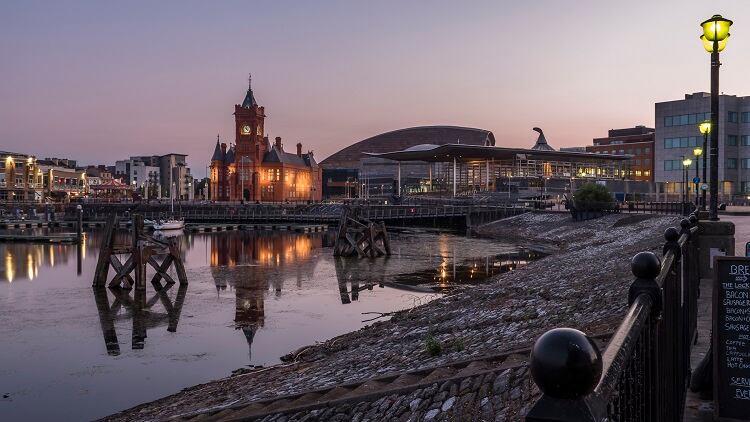These are the earliest dates hospitality can reopen, initially for outdoor trading followed by indoor service, subject to applicable social distancing and other restrictions.
The public appetite to get back to something like normal appears, understandably, to be focused on going to the pub or a restaurant, with reports of beer gardens being booked for weeks in advance.
The social aspect of spending time with others cannot be underestimated and sharing a Covid-secure hospitality environment will be one step closer to regaining some familiarity in our lives for so many.
Whether it is at home, or in a hospitality venue, this is a pivotal time for everyone to think about, and possibly recalibrate, their attitude towards drinking alcohol.
Within that context, venues have a key role to play in protecting the physical and mental health of their staff and customers in line with licensing objectives.
Lockdown consumption levels
During 2020, Drinkaware carried out research revealing that more than a quarter of adult drinkers (26%) were drinking more alcohol during the early stages of lockdown (March to June).
But by December, while 19% surveyed in the poll of more than 4,000 UK adults were drinking less alcohol than usual since March 2020, 16% of UK adults reported drinking more than usual and a quarter (26%) believed they should cut down more on how much they drink.
The figures highlighted some areas for concern, with more than half of people (56%) already drinking at higher risk levels (more than 35 units a week for women and more than 50 for men) or drinking more than they would usually.
Natural home of social occasions
The return of hospitality venues is undoubtedly welcome with pubs and restaurants playing a vital role at the heart of our communities and our social lives, but comes with a duty of care towards customers, and a need to support those who want to make better choices about their drinking to reduce risks to their short and longer-term health.
Making water readily available to prevent dehydration, for example, avoiding promotions that encourage excessive drinking or drinking a lot in a short period of time, and stocking a good selection of lower strength and alcohol-free drinks that are clearly displayed.
In supporting your customers, remember the UK Chief Medical Officers' guideline for both men and women says that, to keep health risks from alcohol to a low level, it is safest not to drink more than 14 units a week on a regular basis.
Pubs, bars and restaurants are a natural home of social occasions and when so many people are keen to reconnect with family and friends it is helpful to reflect that it is companionship that they have missed.
Drinkaware has produced some guidance for licensed venues that are reopening their doors in the next few weeks and a range of tools are available for anyone wanting to find out more about how alcohol may affect them physically and mentally and to help reduce their drinking.
For more information, visit www.drinkaware.co.uk




